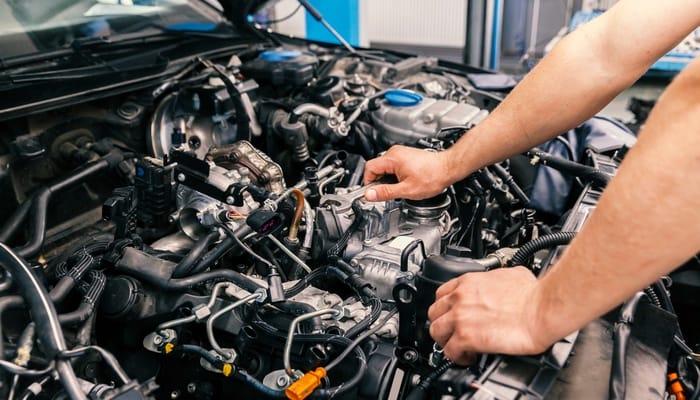Rising fuel costs have drivers everywhere searching for ways to squeeze more miles from every gallon. While many focus on driving habits or vehicle maintenance, engine tuning presents a powerful yet often overlooked solution. Both gasoline and diesel engines respond remarkably well to performance modifications, but each offers distinct advantages depending on your priorities and driving style. Continue reading to explore the different fuel economy benefits of gas versus diesel tuning.
Understanding Engine Tuning Fundamentals
Engine tuning involves modifying your vehicle’s computer system to optimize performance parameters like fuel delivery, ignition timing, and turbo boost pressure. Professional tuners use specialized software to adjust these settings, creating custom maps that maximize efficiency while maintaining reliability. Gas engines typically benefit from adjustments to air-fuel ratios and spark timing, while diesel engines respond well to turbo boost increases and fuel injection timing changes.
Immediate Fuel Economy Improvements
Tuned engines deliver noticeable fuel economy gains within the first few hundred miles. Gas engine tuning often produces improvements in highway driving conditions, while diesel tuning can achieve even more dramatic results—sometimes reaching better efficiency. These improvements stem from more precise fuel delivery and optimized combustion timing that stock factory settings rarely provide.
Enhanced Power Without Fuel Penalty
Modern tuning strategies focus on expanding the efficiency sweet spot rather than simply adding peak horsepower. Tuned gas engines produce more torque at lower RPMs, reducing the need for downshifting and heavy acceleration. Diesel engines deliver substantial low-end torque gains, making highway merging and hill climbing easier and requiring less throttle input for the same performance.
Long-Term Performance Benefits
Beyond immediate fuel savings, tuning creates lasting efficiency improvements throughout your engine’s lifespan. Optimized combustion reduces carbon buildup, keeps injectors cleaner, and minimizes unnecessary wear on internal components. The differences between gas and diesel tuning become apparent here—diesel engines typically show more dramatic longevity benefits due to their inherently more efficient combustion cycle and the significant improvements possible through turbo optimization.
Choosing the Right Approach
Diesel tuning generally offers superior fuel economy potential, especially for highway driving and towing applications. Gasoline engines provide excellent urban efficiency improvements and respond well to mild tuning modifications. Your driving patterns, vehicle type, and performance expectations determine which approach delivers the best results. Daily commuters with diesel vehicles often see the most substantial fuel savings, while gas engine owners benefit most from city driving efficiency gains.
Professional gas and diesel tuning transforms your vehicle into a more fuel-efficient machine while maintaining factory reliability standards. The investment in quality tuning services pays dividends through reduced fuel costs, improved drivability, and enhanced engine longevity. Contact our certified tuning specialists today to discover how much your vehicle’s fuel economy can improve with the right modifications.







